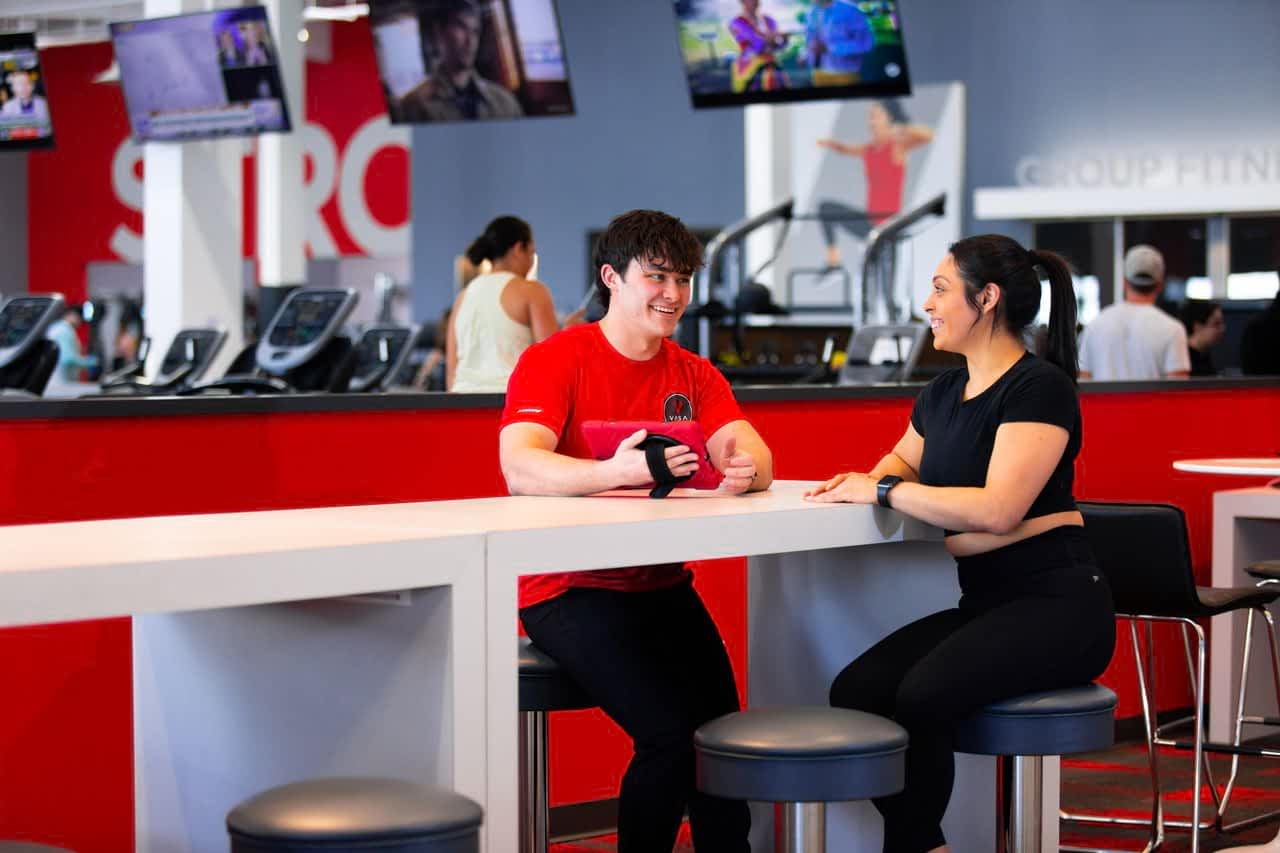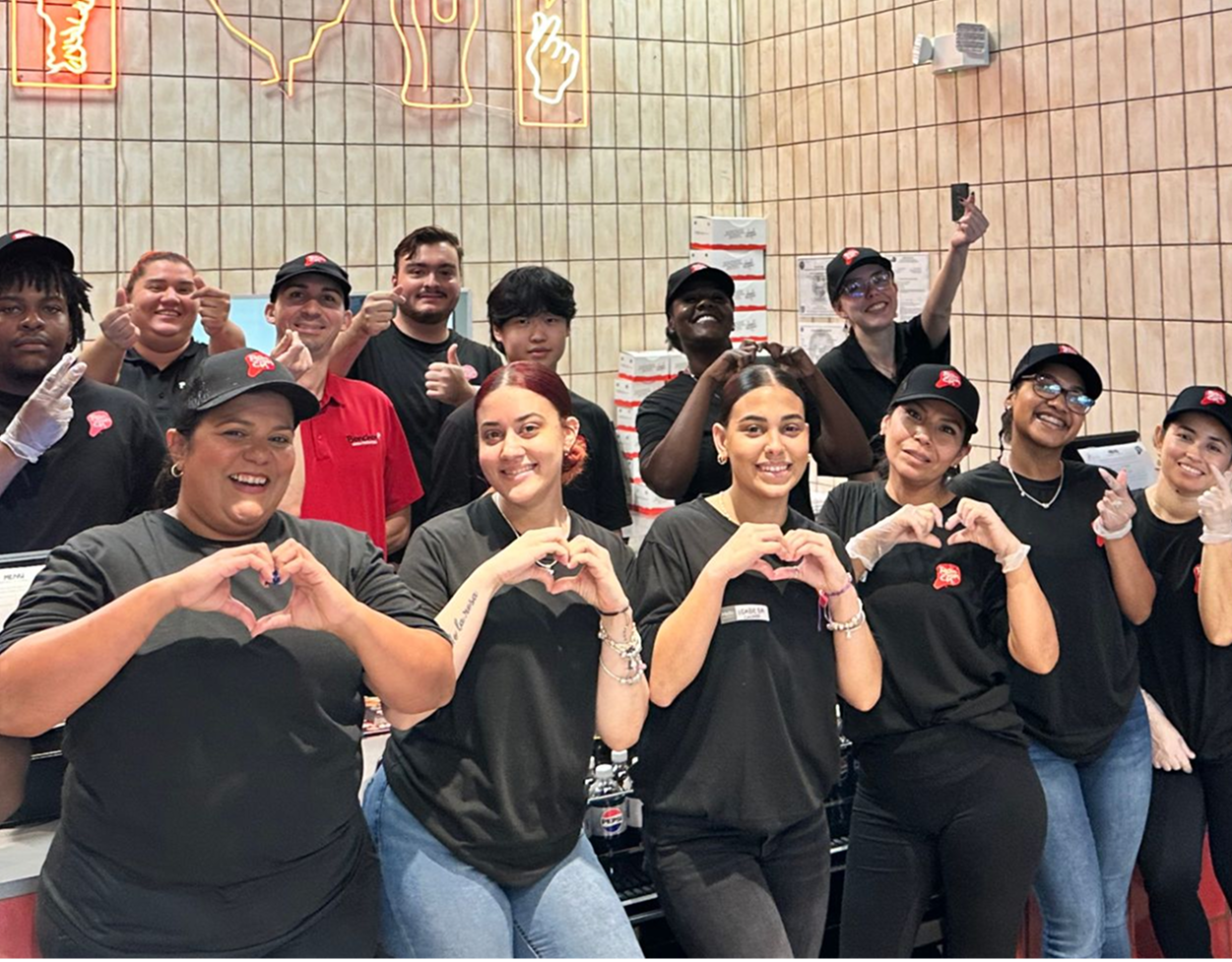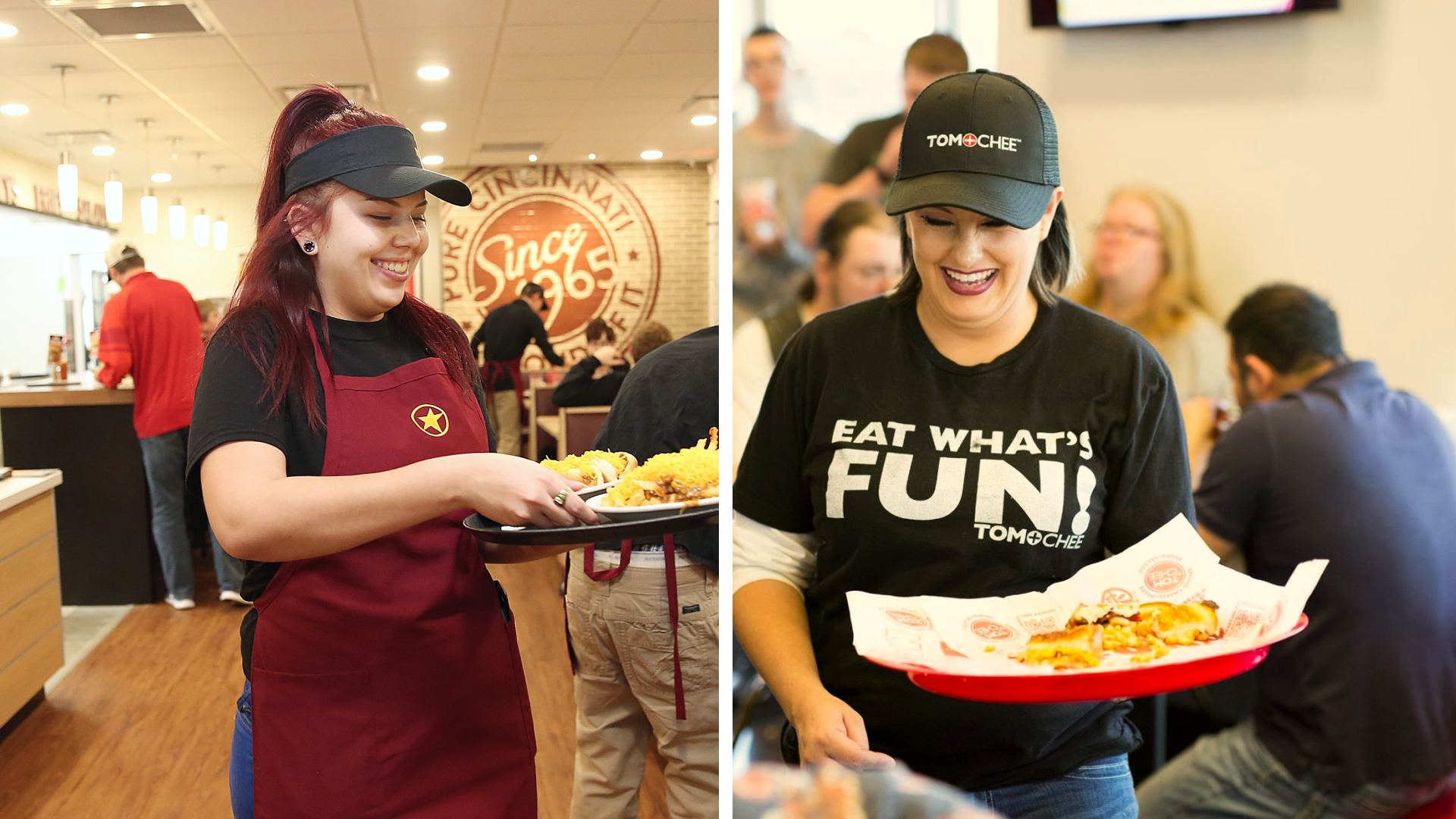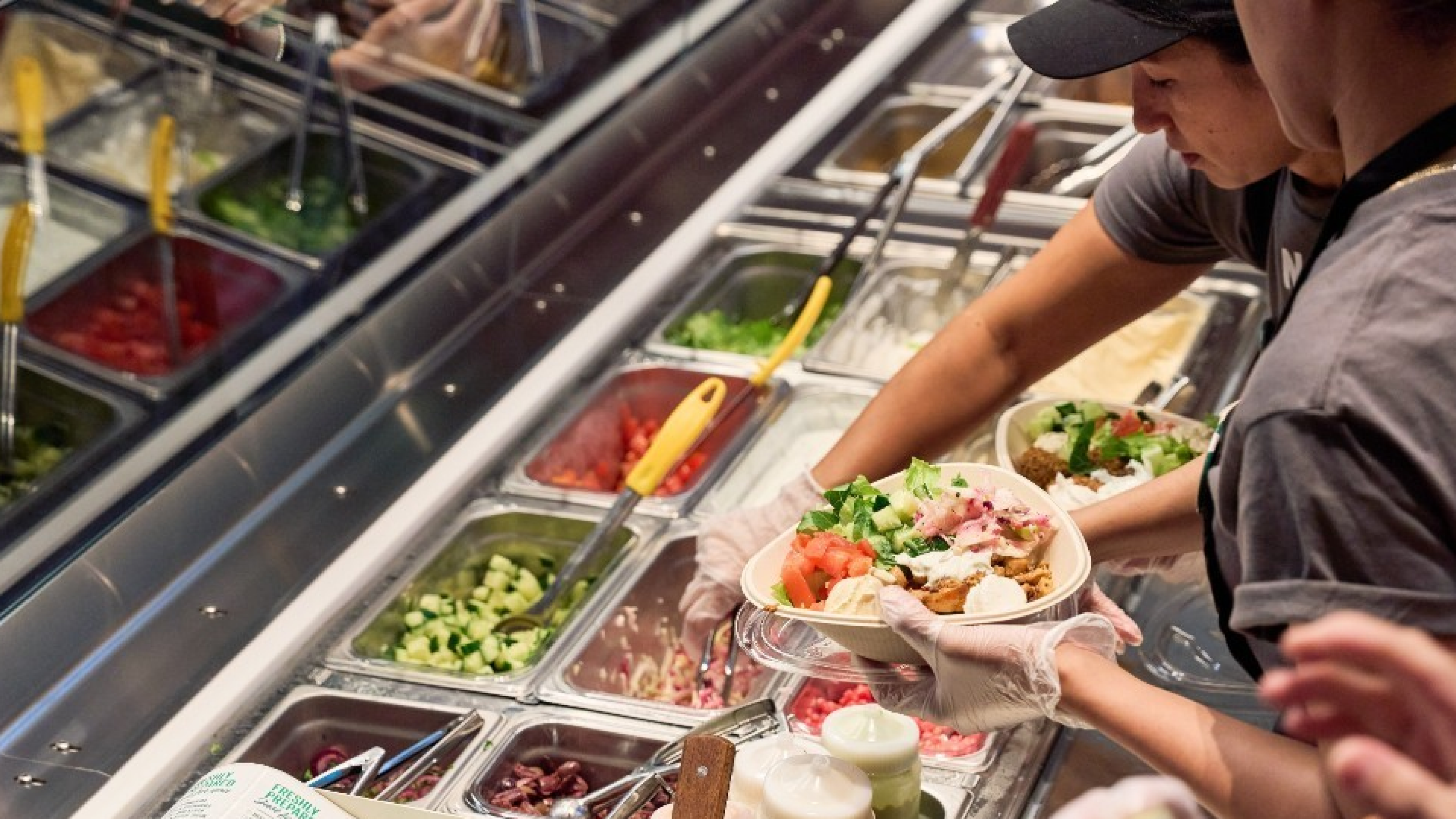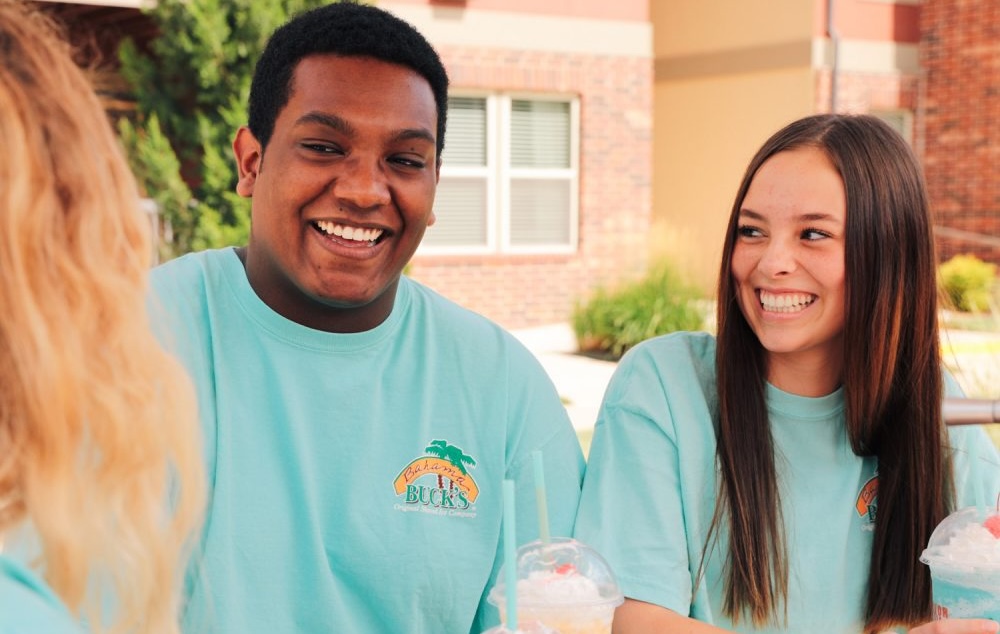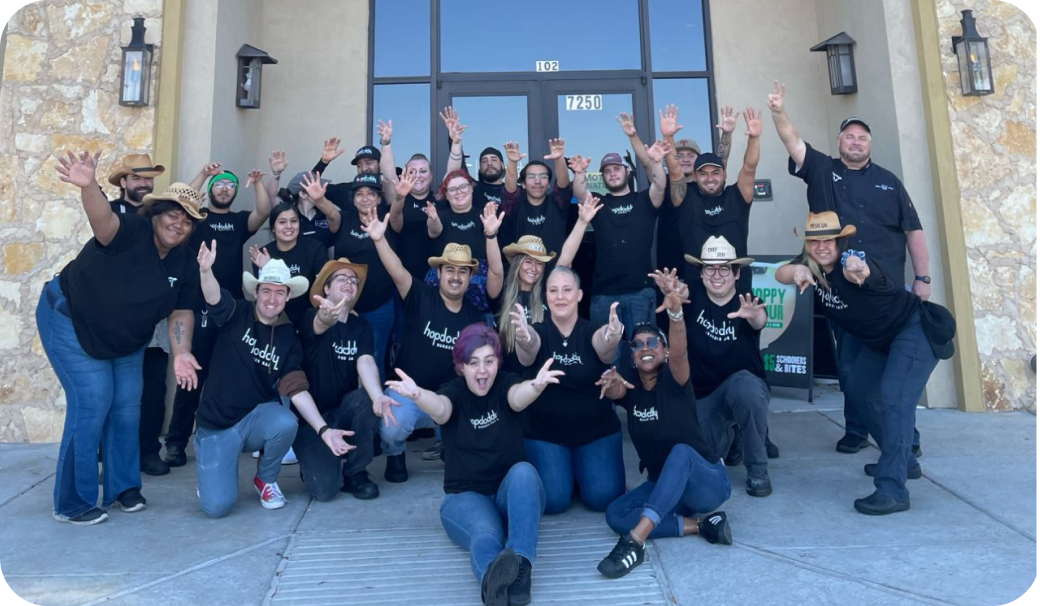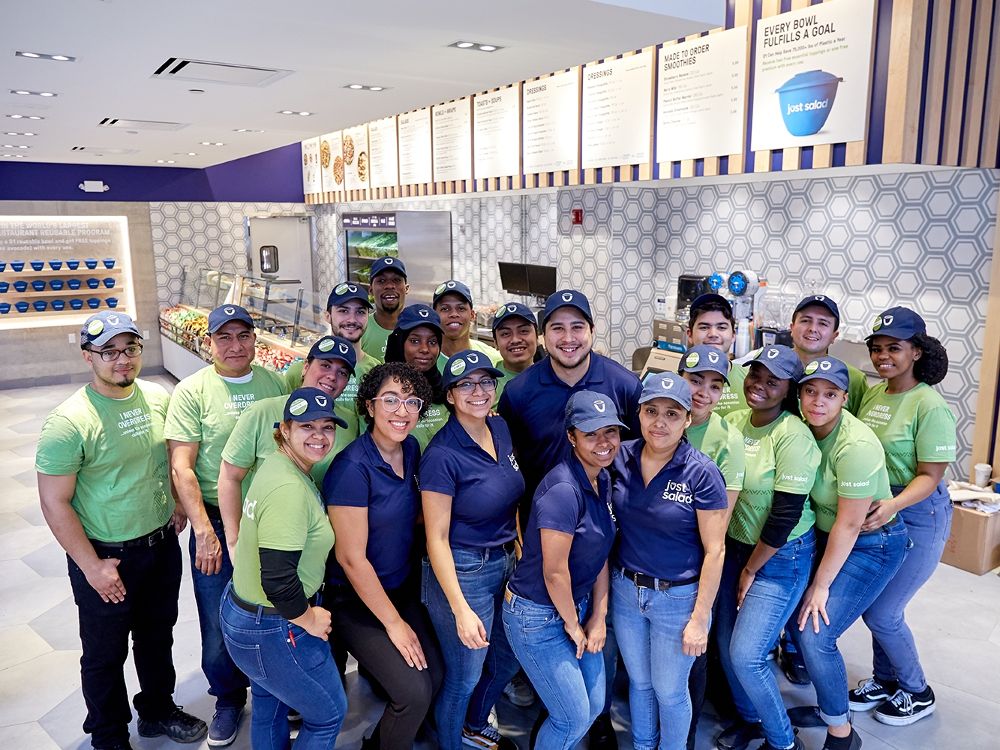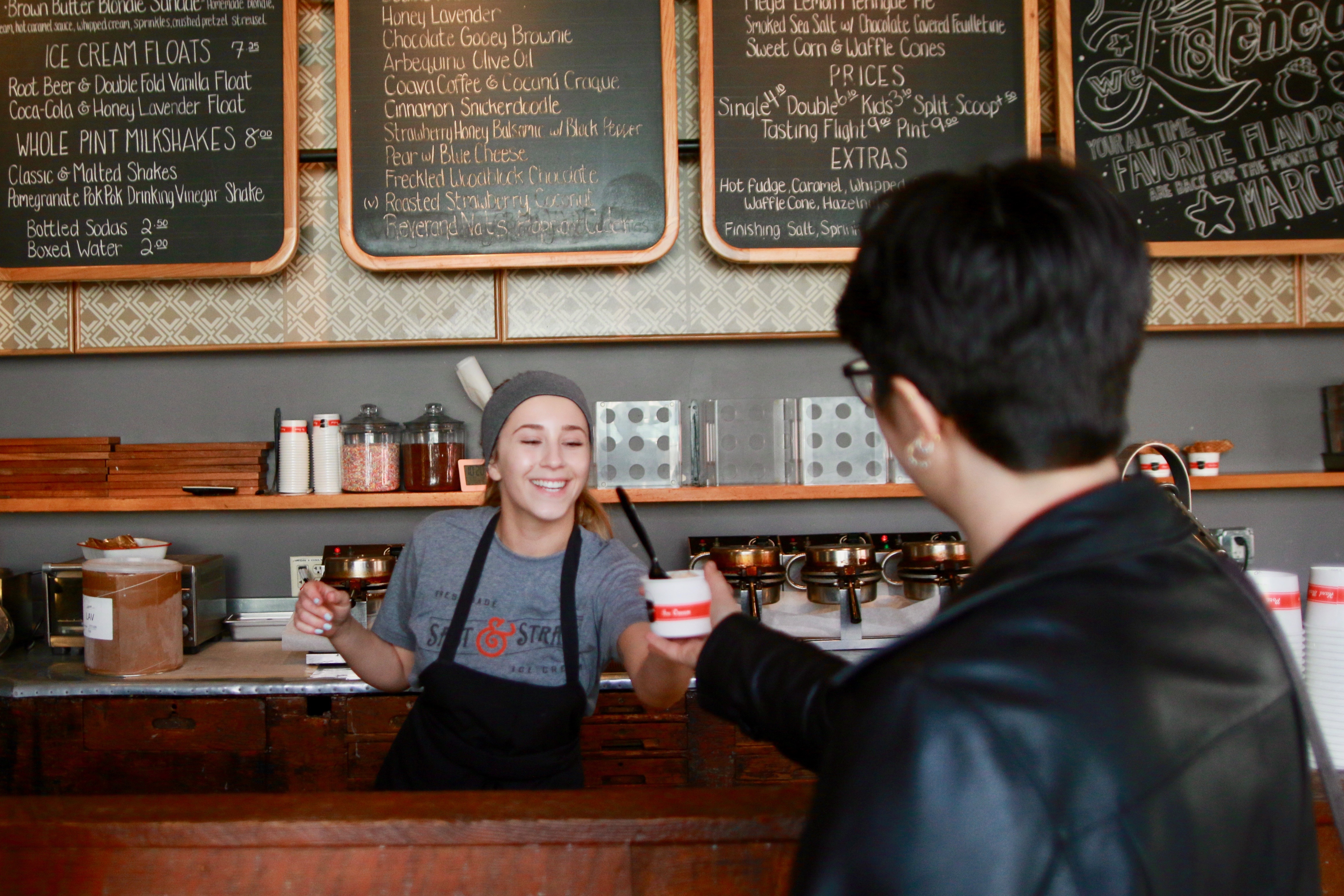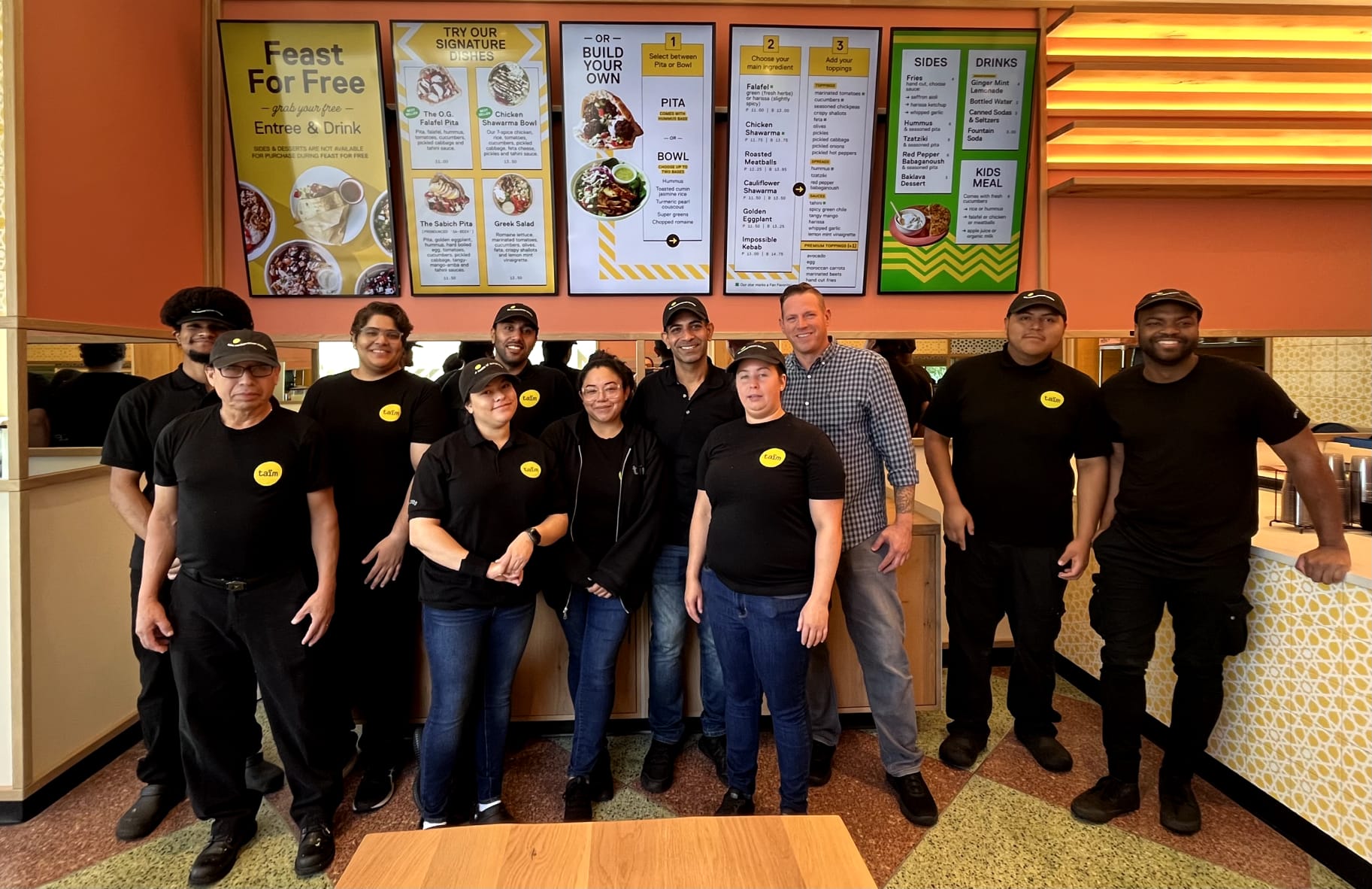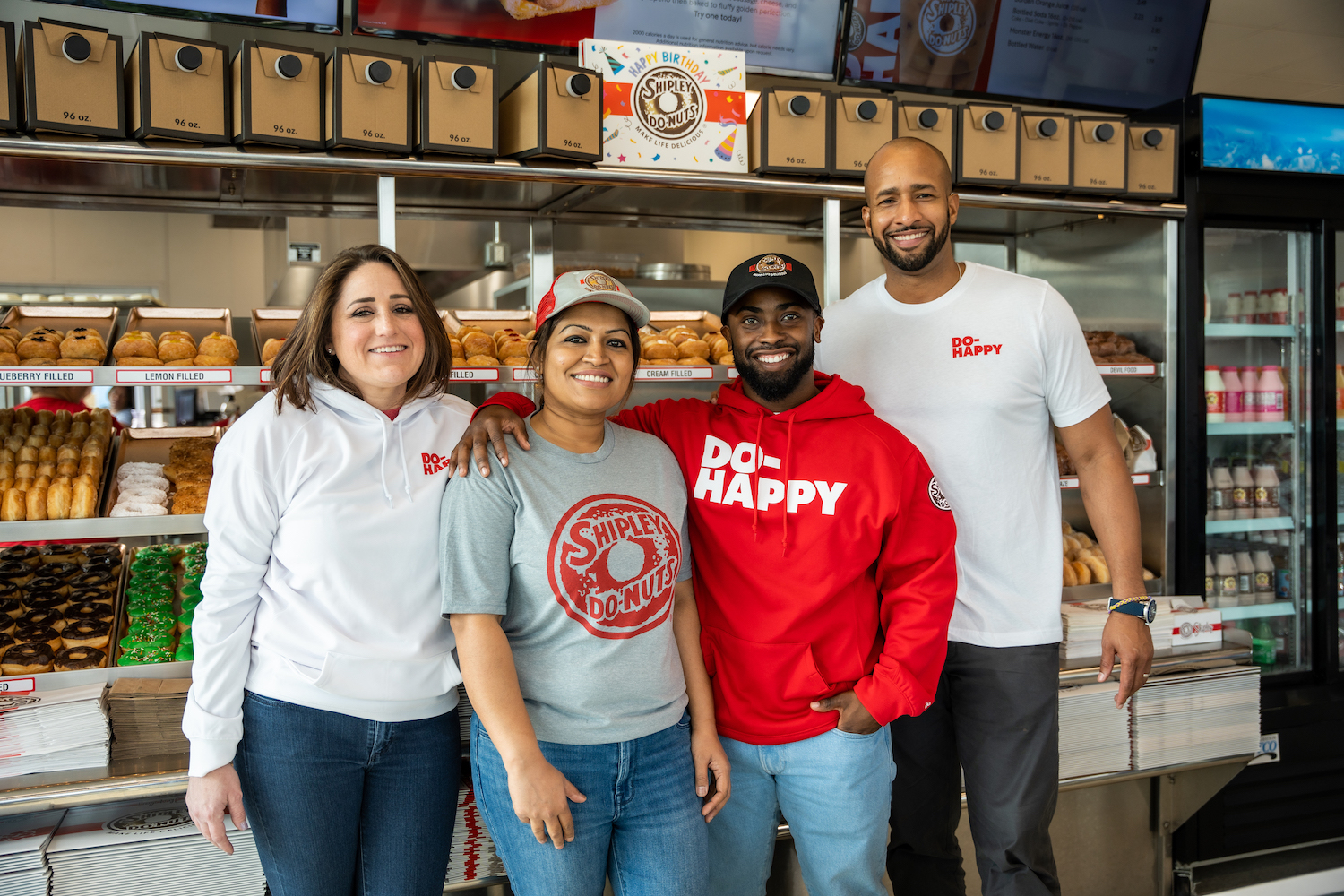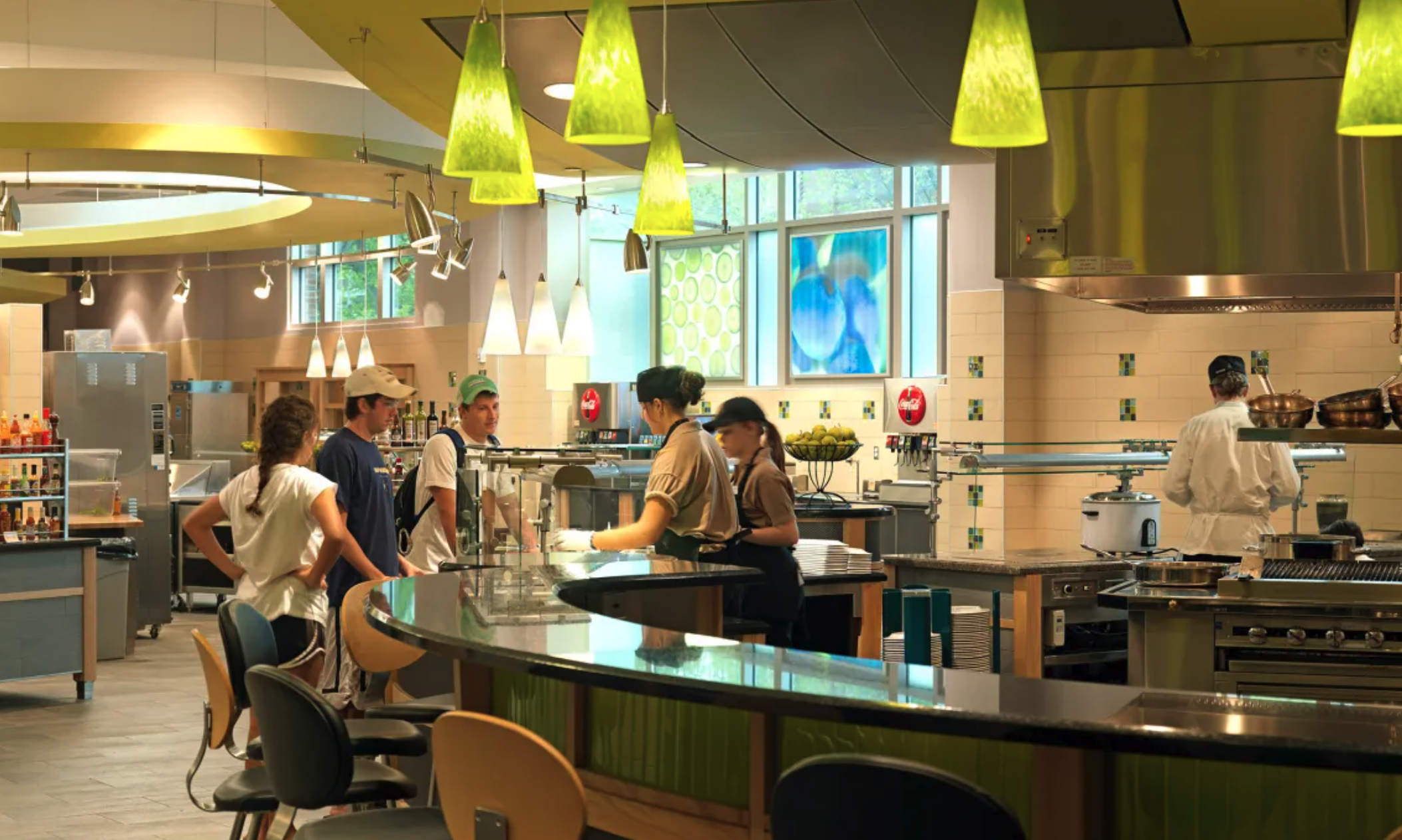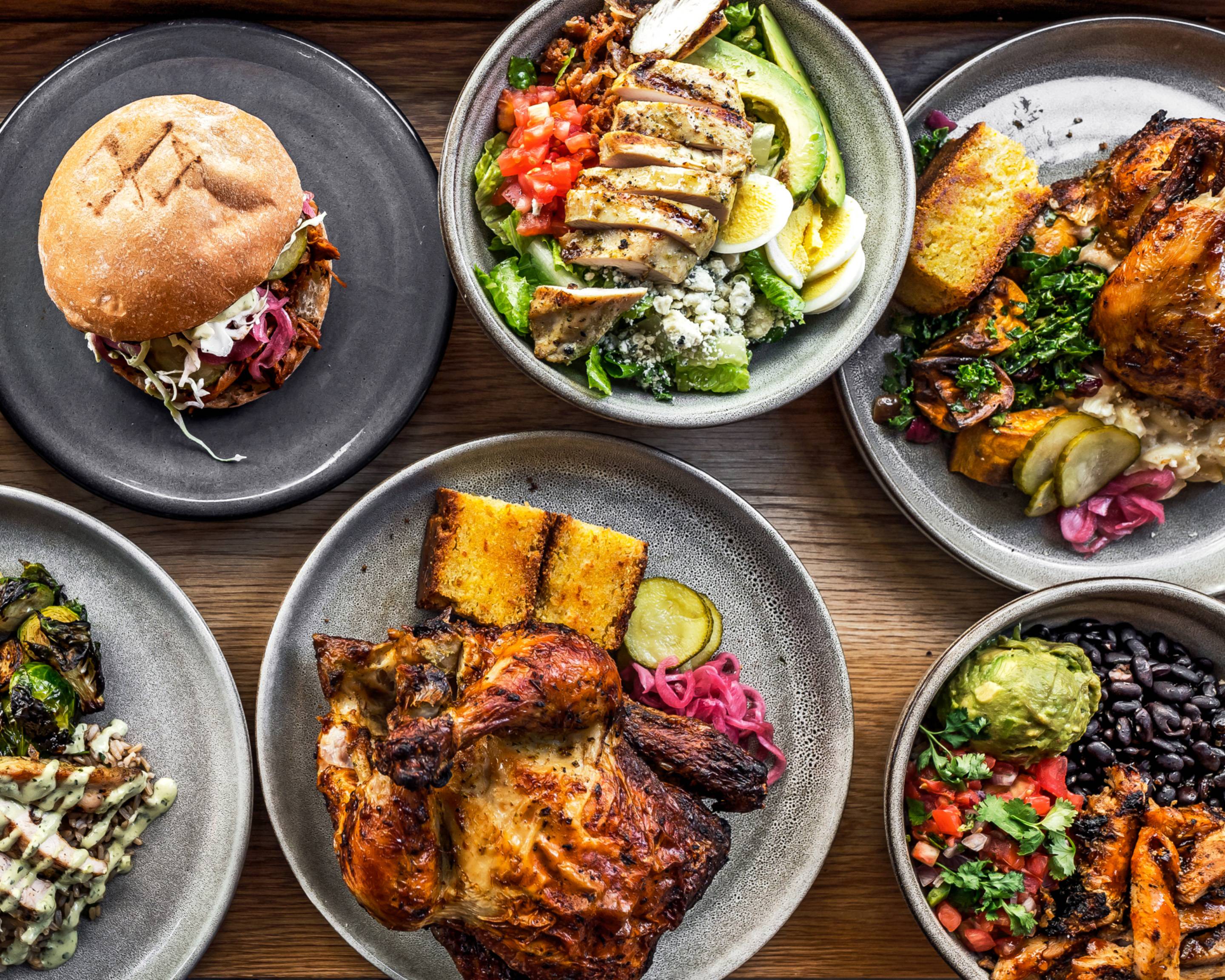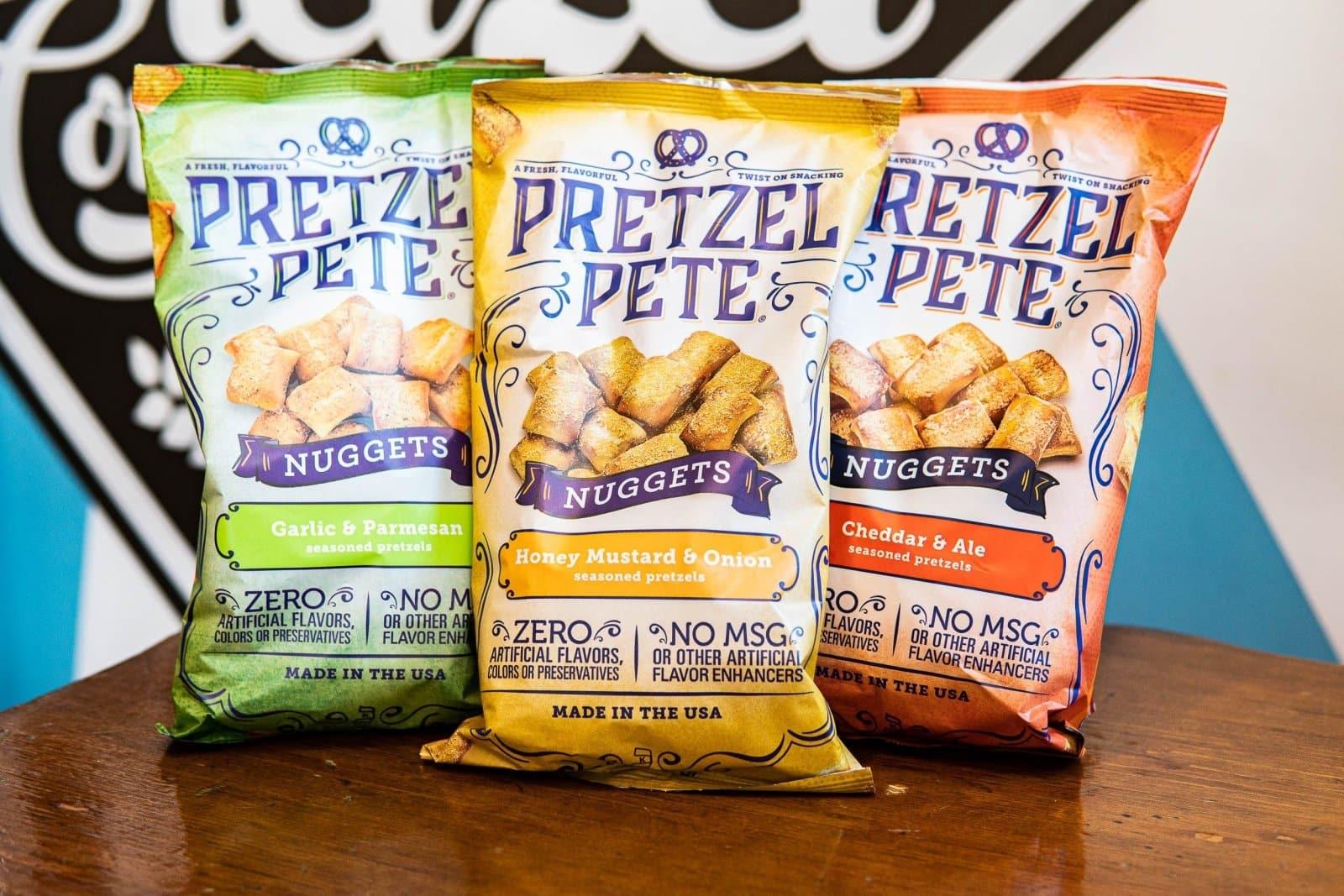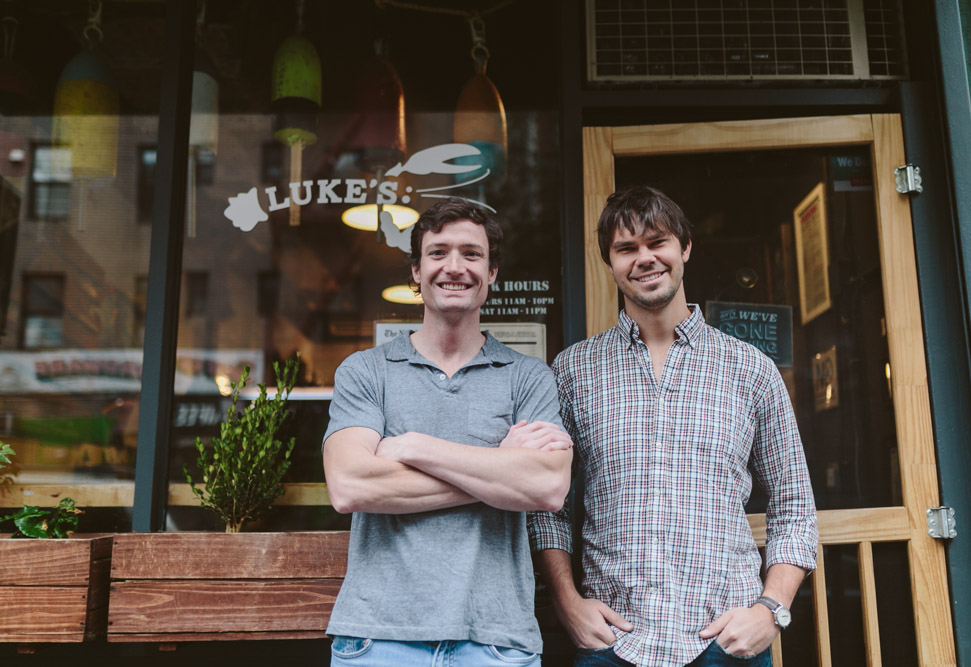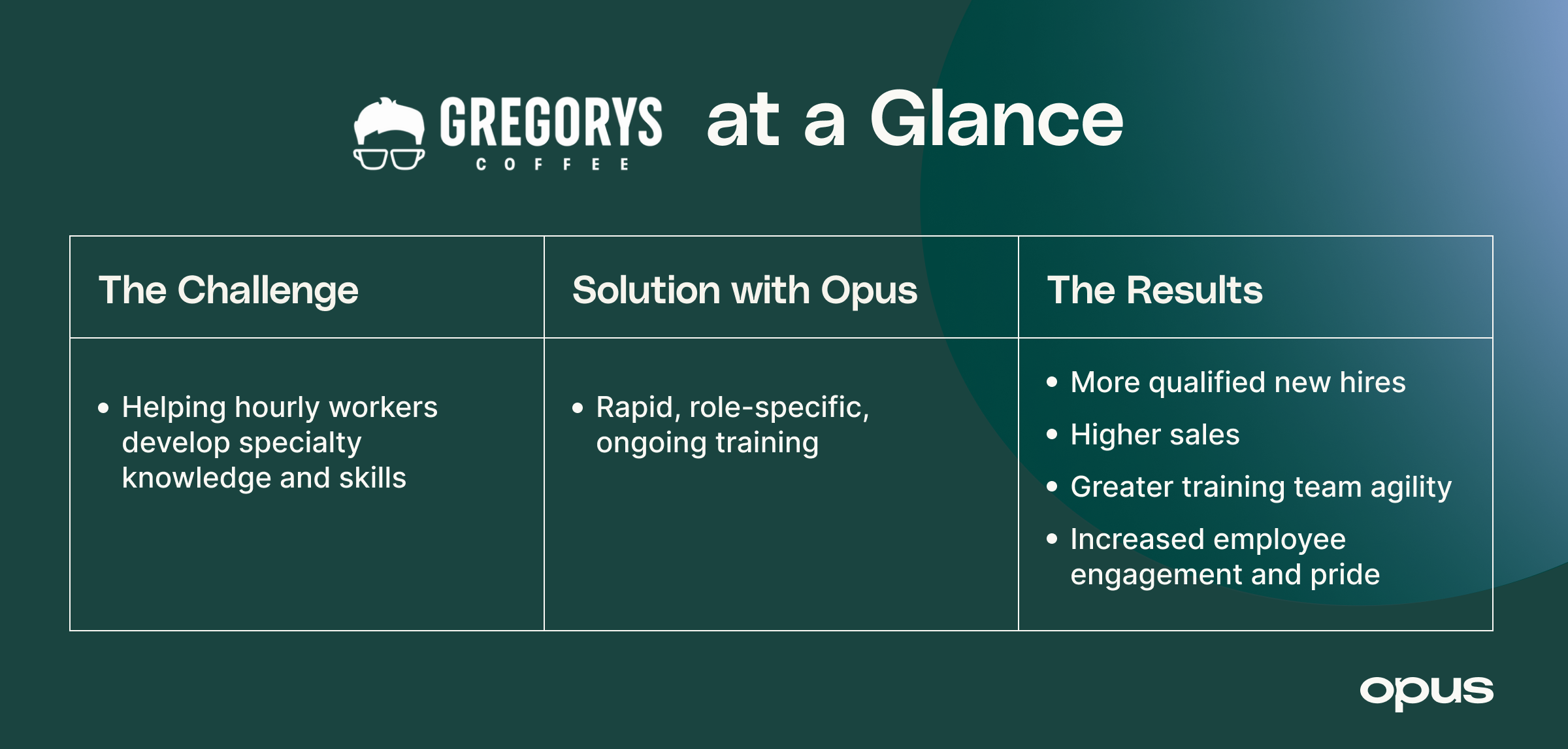
Gregorys Coffee prides themselves on seeing coffee differently — something that’s apparent in their carefully curated selection of specialty coffees, house-roasted beans, and made-from-scratch pastries.
It’s no surprise, then, that they also see customer service differently, holding employees to just as high a standard as the food and beverages they serve. To achieve service excellence, of course, you need to provide employees with the tools they need to succeed on the job.
After noticing that employees were disengaged with their traditional, desktop-based learning management system (LMS), Gregorys partnered with Opus to transform onboarding and ongoing training.
Challenge: Cultivating Specialized Skills in an Hourly Workforce
Onboarding with Opus helped new employees go from spending their first day working on a laptop to working the bar, allowing them to meaningfully contribute from day one. But with specialty coffee, training isn’t a destination — it’s a journey.
“There is a lot of information that our baristas need to know when they're serving our guests,” said Lori Goldstrohm, Vice President of People Development and HR at Gregorys Coffee. “Employees need to know where our coffee comes from, what the tasting notes are, which foods it pairs well with.”
On top of that, Gregorys baristas must demonstrate craftsmanship — after all, Goldstrohm explained, “creating a great cup of coffee is a science and an art.” This involves everything from tamping grounds with the right amount of pressure to pouring at the right angle and creating latté art.
As part sommeliers, part artisans, Gregorys baristas have a great deal of specialty knowledge to keep in mind. As such, it was challenging for even longtime employees to remember all of the basics.
Solution: Role-Based Training With Surgical Precision
Turning New Baristas Into Top Performers
Gregorys began incorporating continuous learning into their training right from the get-go, with an onboarding process that combined learning, practicing, and reviewing core skills and role-specific strengths.
After completing their assigned microlearning modules for the day on Opus, new hires would move on to hands-on training sessions supervised by store leaders, allowing them to put their theoretical knowledge into practice.

"With Opus, we can do a lot of repetition and Check-ins until coffee is ingrained in their DNA."
Lori Goldstrohm, Vice President of People Development and HR at Gregorys Coffee
Timely Course Correction & Training
In addition to helping employees build a strong foundation, Gregorys Coffee began embedding continuous improvement into their training. Gregorys leaders analyzed social media and guest feedback data to identify potential areas for improvement, then create training courses that addressed those gaps. And because Opus allows Lori’s team to create courses so quickly, they can respond to urgent issues almost as soon as they arise. If they received multiple customer complaints about cold drinks, for example, Gregorys could create dedicated training modules on milk temperature to ensure consistent quality.
This swift turnaround time also ensures that employees are ready to tackle the latest limited-time offers (LTOs) and seasonal drinks.
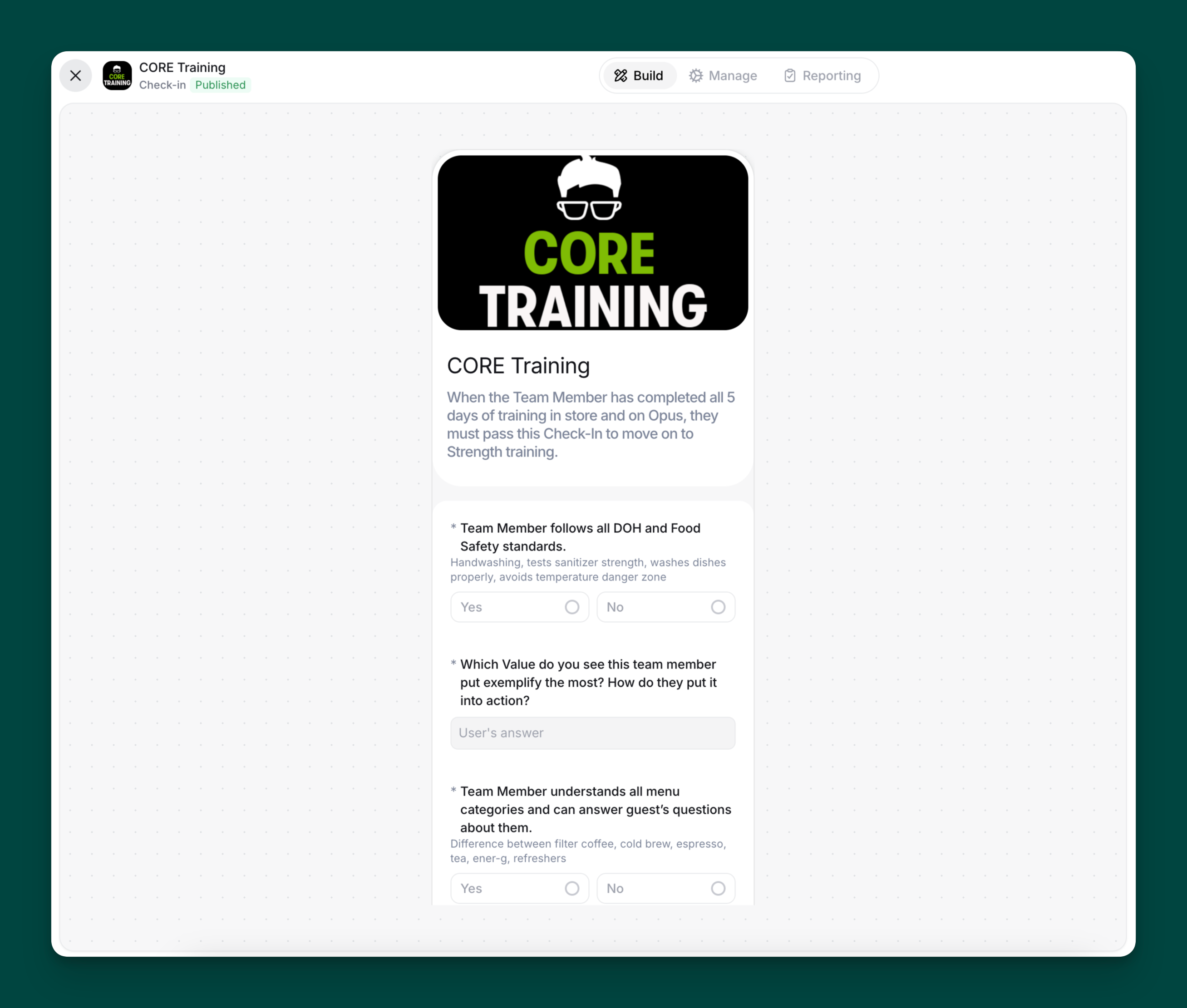
While module quizzes allow Gregorys to assess trainees’ comprehension of the material, Opus’ Check-ins allow managers to verify that trainees have a command of the necessary skills, like latte art.
Previously, managers rated trainees’ latte art according to their personal judgment. Some managers gave higher scores than others, though, making the assessment less reliable. A trainee whose manager graded generously might start serving lattes before they were ready, leading to an inconsistent experience.
Now, however, managers snap a picture of trainees’ lattes and compare them to an on-screen example of a perfect ten with detailed criteria. With a more objective way to assess latte art skills, managers can ensure that the trainees who are ready can start serving customers, while trainees who haven’t gotten the hang of it yet can spend more time honing their craft.
"The fact that we can validate skills now with Opus is a gamechanger."
Lori Goldstrohm, Vice President of People Development and HR at Gregorys Coffee
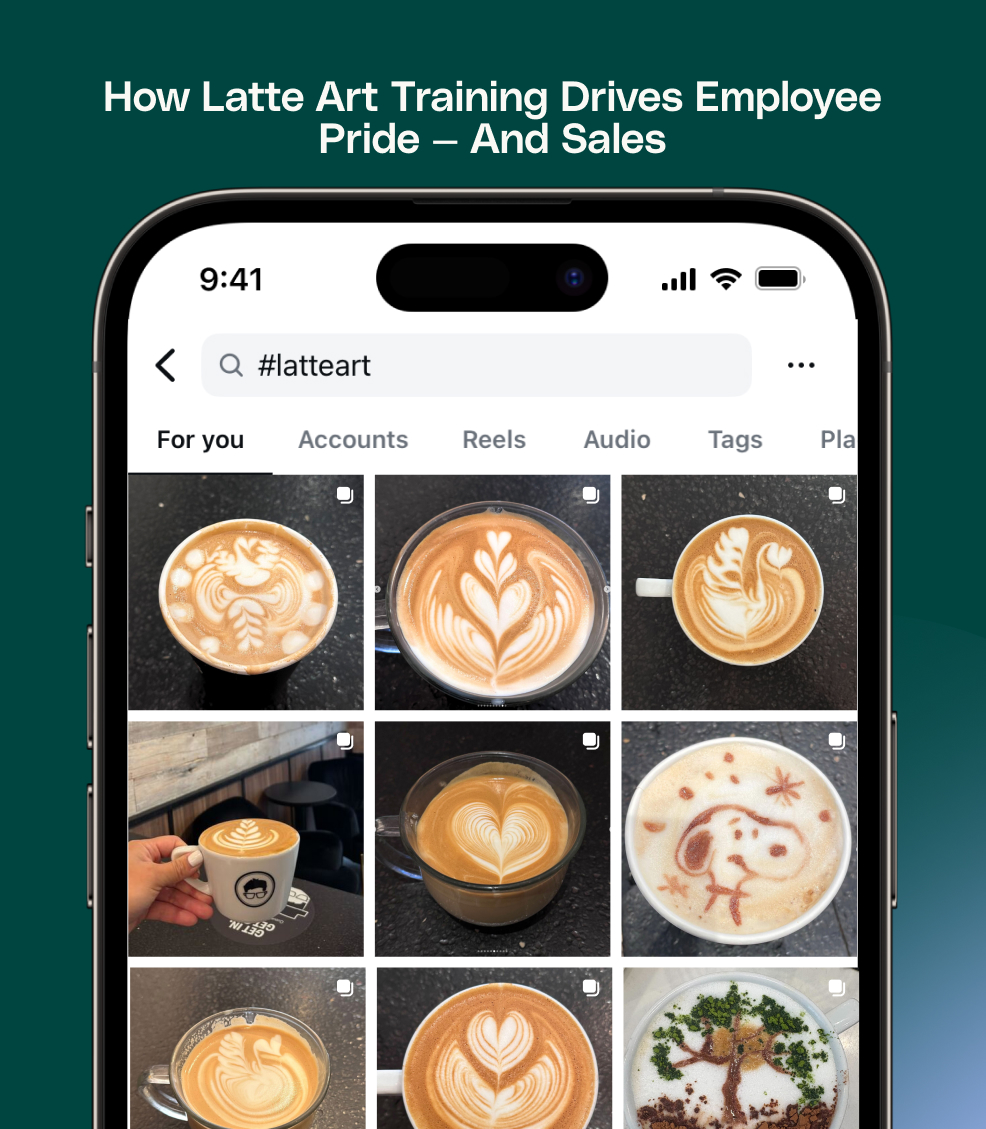
While all Gregorys baristas must at a minimum draw a heart, many take latte art to the next level. Employees love the seasonal latte art modules Gregorys has launched around holidays like Halloween, and employees who are particularly proud of their creations can upload them to an internal #LatteFlex Slack channel.
“It's great to see employees take pride in the work that they're doing,” Goldstrohm said.
But Gregorys leaders aren’t the only ones taking notice. With higher, more consistent quality latte art, Gregorys has seen an uptick in the number of latte photos customers tag them in on social media, allowing them to organically expand their social footprint and grow brand awareness.
Results: Higher Performance, Cup Consistency, & a Culture of Ongoing Improvement
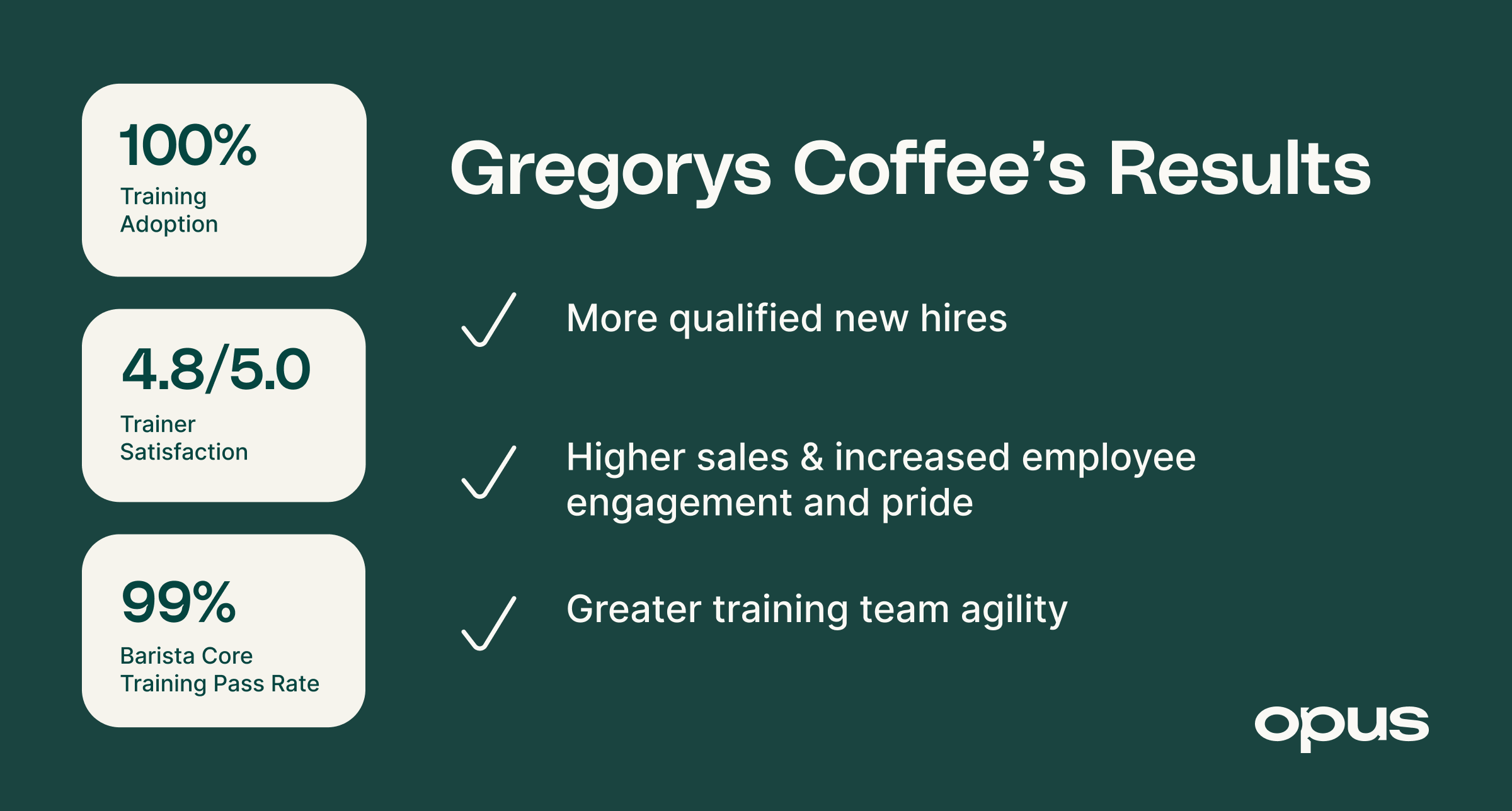
Gregorys has already seen their increased training investment yield tangible results. “In the stores that are excelling on Opus, you can see the difference in how they’re performing after new hire training,” Goldstrohm shared. “Store leaders and district leaders are telling us that we have more qualified cohorts.” This, in turn, translates to higher customer service scores, and even higher sales.
“When our training focuses on a specific beverage that we’re currently marketing, we see a spike in sales.” - Lori Goldstrohm
And now that Opus can help Goldstrohm’s team of two rapidly create new training content, they’re better equipped to support LTOs and seasonal offerings. This is critical when products go from ideation to rollout in as little as two weeks, as they often do at Gregorys, or when urgent operational issues present themselves.
"We're a very agile team, and Opus helps us facilitate that,” Goldstrohm said. “We could get a new training out tomorrow if we needed to.”
All of this has helped Gregorys foster ongoing growth within their company.
“Our people are creating this culture of learning and development in their stores, because people expect it now,” Goldstrohm explained.





